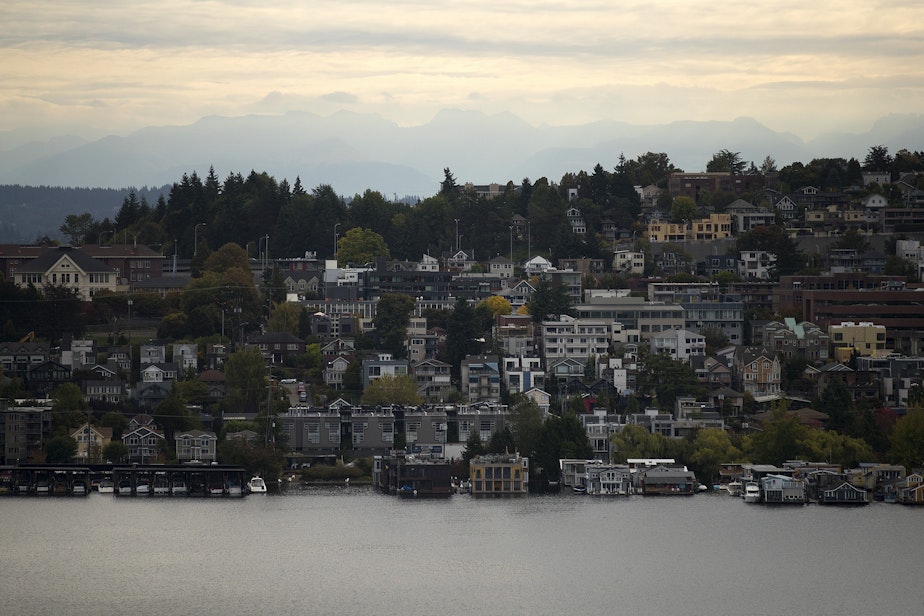More than 1K Seattle buildings aren't ready for an earthquake

Seattle officials could finally require seismic retrofits for masonry buildings, but not this year.
In the list of 1,141 masonry buildings in Seattle that are at risk, 647 are the most vulnerable because they've had no visible retrofitting at all. That number only improved by one last year. There were 648 masonry buildings lacking any retrofitting in 2021.
The city's new URM inventory came out in January, and is also accompanied by a searchable database.
Retrofits can help keep old masonry buildings standing during a major earthquake, but they're not required in Seattle. At least not yet.
The city's Department of Construction and Inspections is working on a rule now. In 2022, the department hired a brand new position to oversee the process. That's the Unreinforced Masonry Building program coordinator Amanda Hertzfeld.
Sponsored
“We are hoping by 2024 to have an ordinance in place that would require [owners of] the city's 1,100 unreinforced masonry buildings to retrofit them, so that means securing the walls to the floor and to the ceiling," Hertzfeld said.
Actually putting a requirement on the books has become a multi-year process in Seattle, and there are reasons retrofits aren't happening quickly.
For one, it's voluntary for building owners to retrofit their vulnerable masonry buildings. They know a city mandate will come eventually, Hertzfeld said, so almost no one put up seismic improvements last year. For those that want to, it can be an expensive project or a disruptive period for tenants.
The 1,141 masonry buildings on the city's URM list are vulnerable to damage or total collapse in a major earthquake, similar to the one that struck Turkey and Syria early last week.
A total of 478 of the buildings have 101, or more occupants, according to the city's report.
Sponsored
As for requiring seismic improvements, it will need city council approval. The earliest the Seattle City Council will vote on the issue would be 2024, according to Hertzfeld, because her department is still working on developing the standards for what would be required.
"Retrofitting these buildings is really expensive," she said.
And there is a housing concern.
"These brick buildings, they tend to be built prior to 1945, and so they are kind of naturally occurring affordable housing. And we don't want to reduce that by any means, and we want to find financial resources for building owners."
Hertzfeld recommends people, no matter where they live or work, have a plan in case of emergency.
Information on earthquake preparation is available through the Washington Department of Emergency Management. NPR has an earthquake preparation guide linked here.




